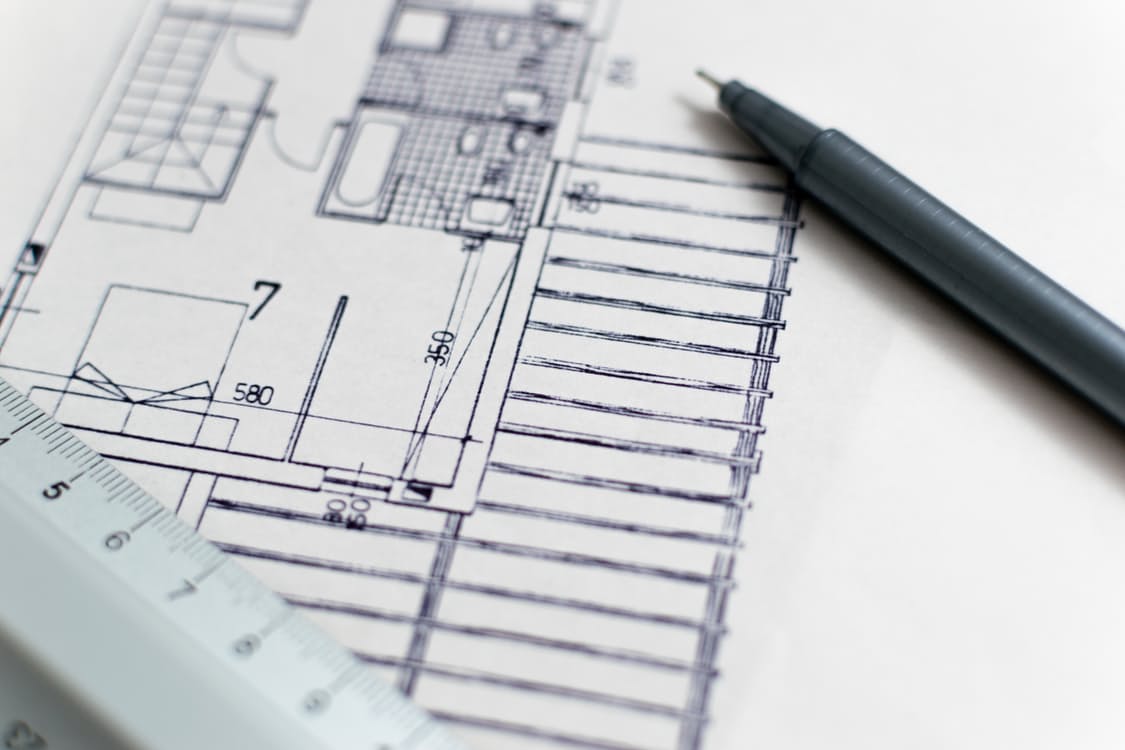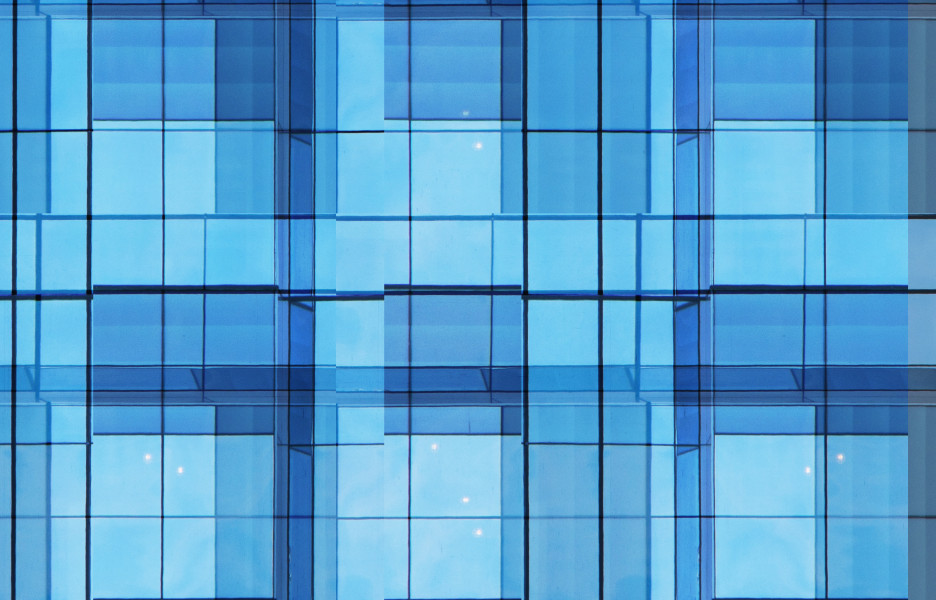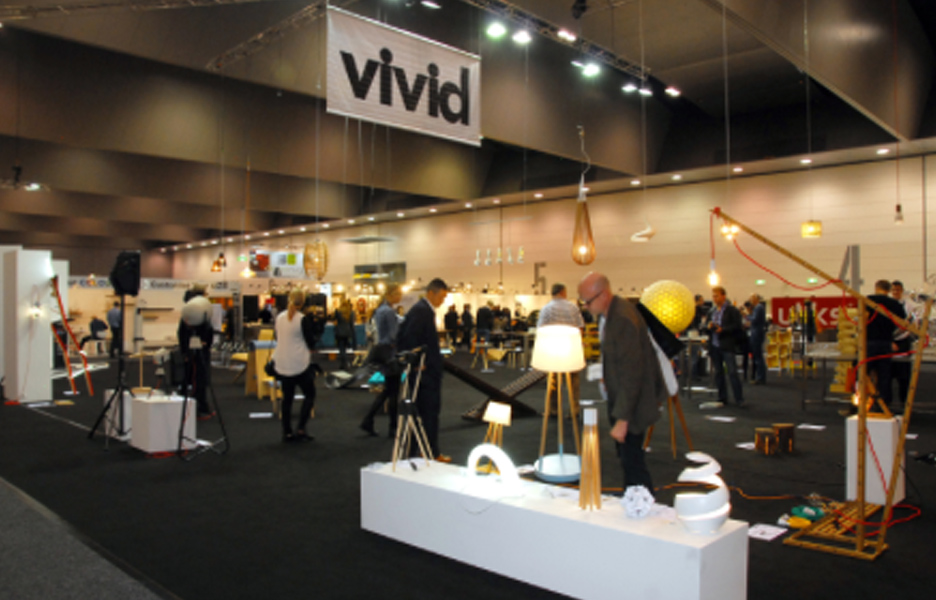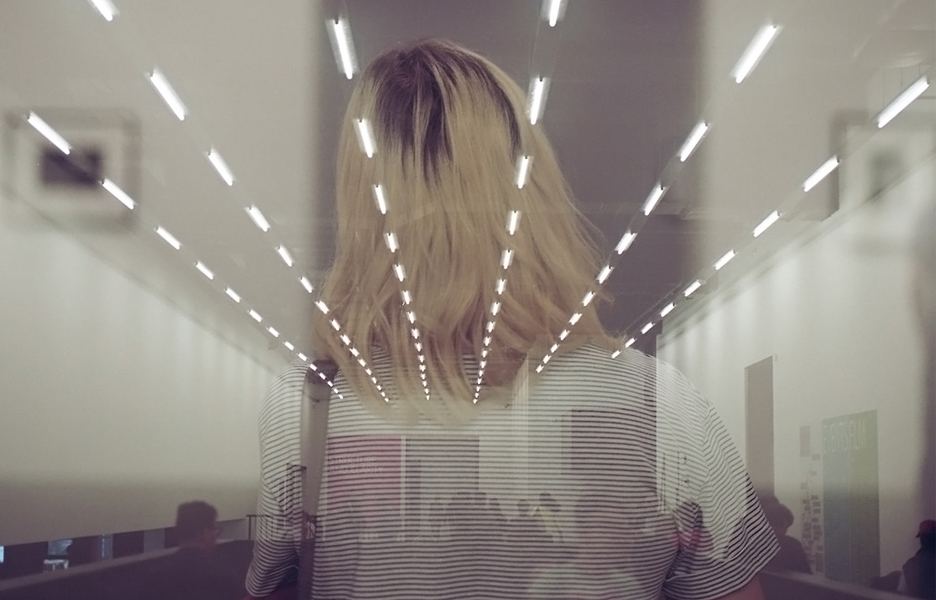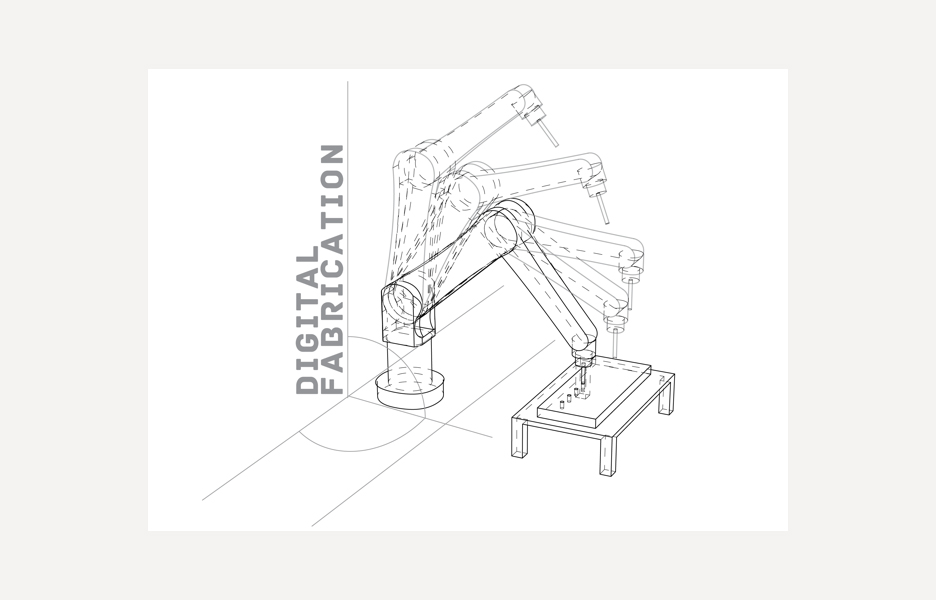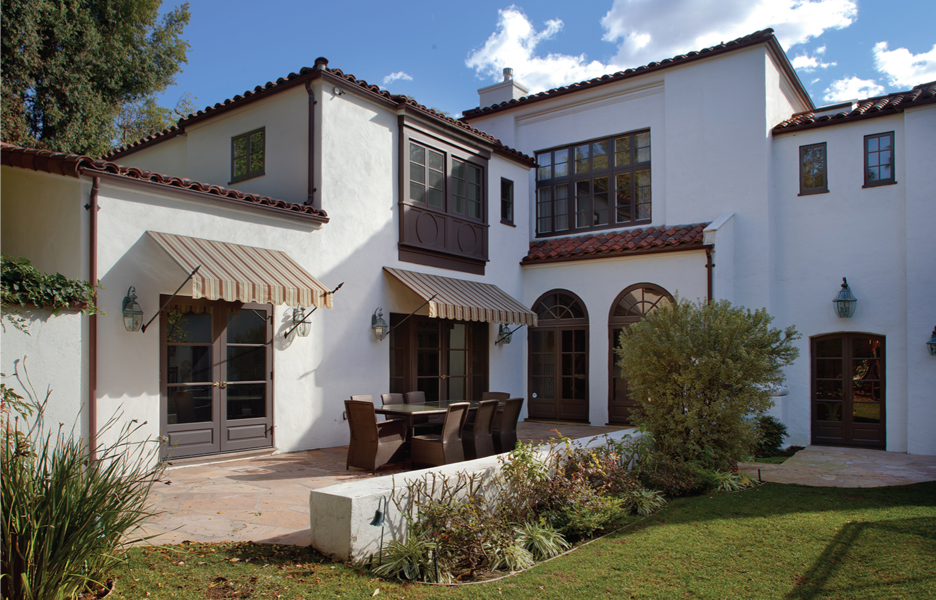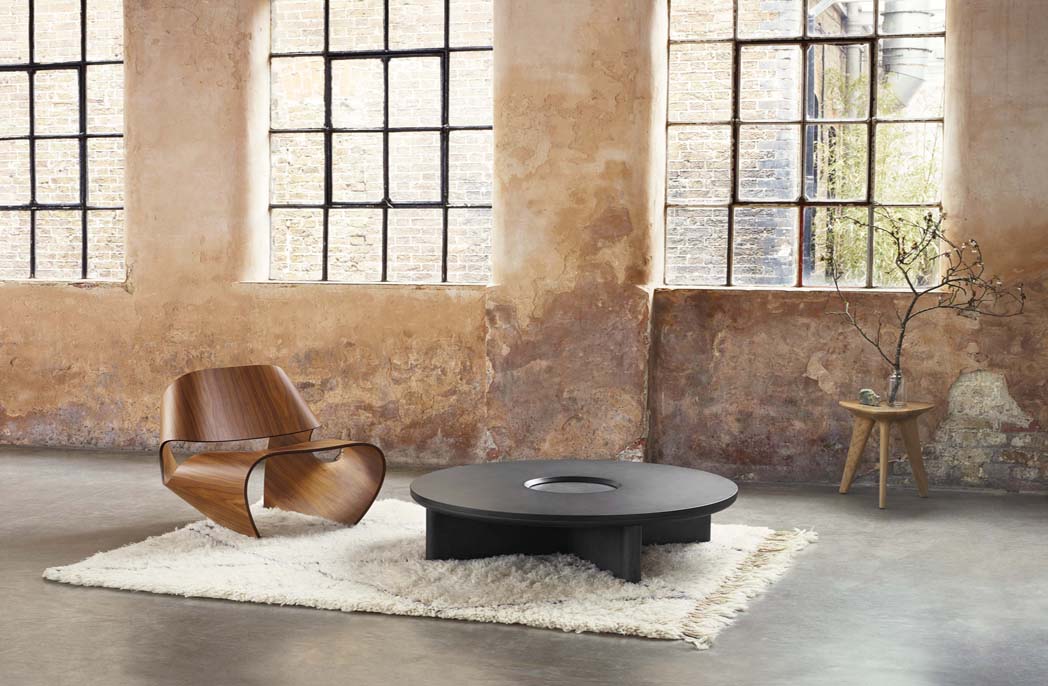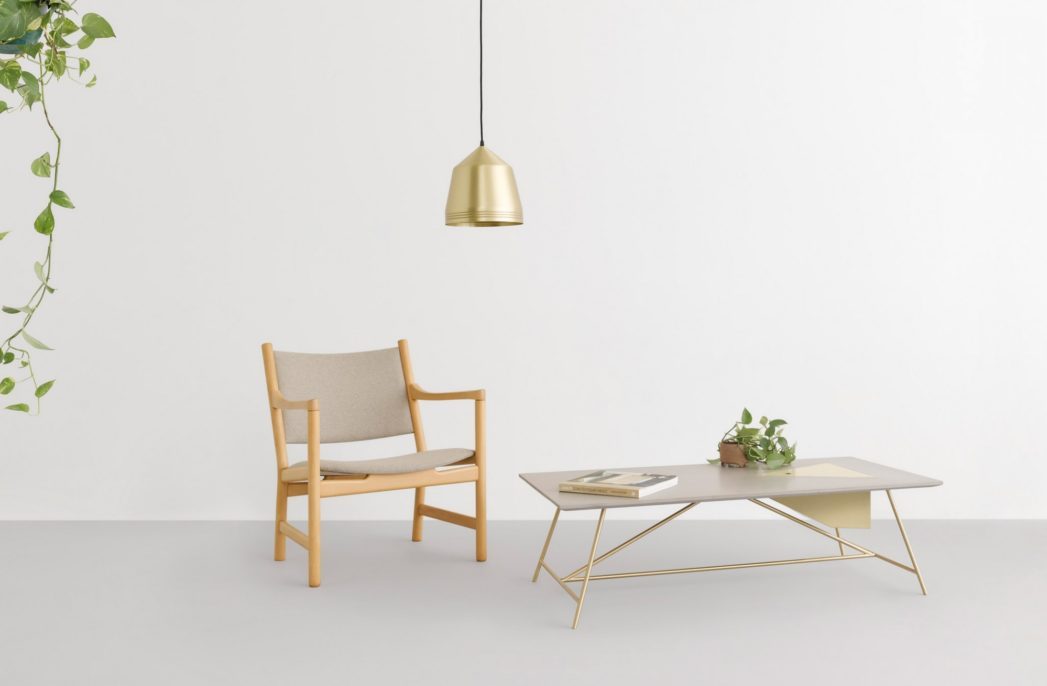
Dates announced for South Pacific Passive House Conference
Dates announced for South Pacific Passive House Conference
Share
The Australian Passive House Association (APHA) has formally announced dates for the 2020 South Pacific Passive House Conference. Co-hosted by the Australian Passive House Association (APHA) and the Passive House Institute of New Zealand (PHINZ), the conference will be held from 28 to 31 May 2020 in Sydney.
The event will be at the Roundhouse, at the heart of the University of New South Wales’ (UNSW) campus in the eastern suburbs of Sydney, easily accessible via the new Sydney Light Rail.
Events over the conference will include talks, site tours, hands-on masterclasses and networking events for professionals, as well as a trade show open to the general public.
Experts from around the world will present on the enormous potential of good design, while at the same time product and component suppliers and manufacturers will demonstrate their practical implementation in the Trade Exhibit. The conference will seek to demonstrate the importance of well-conceived and consistent action in the building sector for a successful transition to healthier buildings and a sustainable energy future.
Paul Wall, APHA CEO says, “We are excited to be holding this event for the first time in Sydney and are already fielding strong interest from a stellar line-up of speakers. We have seen a growth of 30 percent in membership in the last 12 months and have also doubled the number of certified professionals serving the growing demand for Passive House in Australia, which are great indicators for a bumper event in 2020.”
The application of Passive House (aka Passivhaus in German) Certification in Australia is growing. In addition to single residential dwellings, Passive House Certification is now being sought in larger educational, accommodation and commercial buildings, and this trend is expected to grow. For example, Passive House Certification has been achieved at the new 150-bed student accommodation building at Monash University’s Peninsula Campus and is being sought at The Fern, an 11-unit residential apartment building in Redfern, Sydney. Passive House is applicable for all building scales, typologies, climate zones and even retrofits.
In Victoria there are over 400 passive houses in various stages of development, with other states embracing the Passive House methodology with over 80 more buildings in various stages of planning and construction.
The future of Passive House in Australia is bright. Passive House Certification is a well-established design and construction method that delivers high quality, comfortable, healthy, low energy, and resilient buildings.
Visit the conference website at https://passivehouseaustralia.org/SPPHC2020 for more information, to respond to a call for papers and also take advantage the super early-bird offers until 31 August.
To find out more about the Australian Passive House Association https://passivehouseaustralia.org

